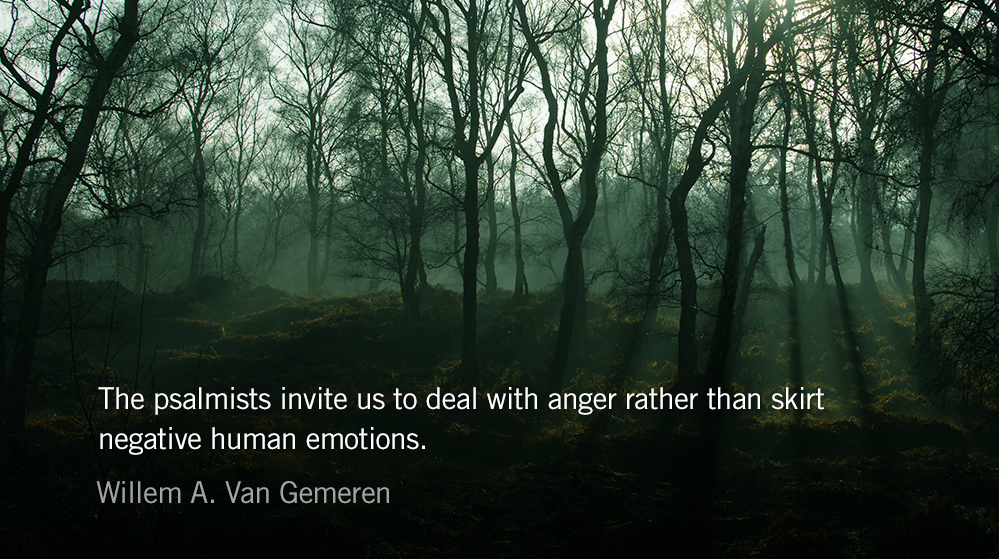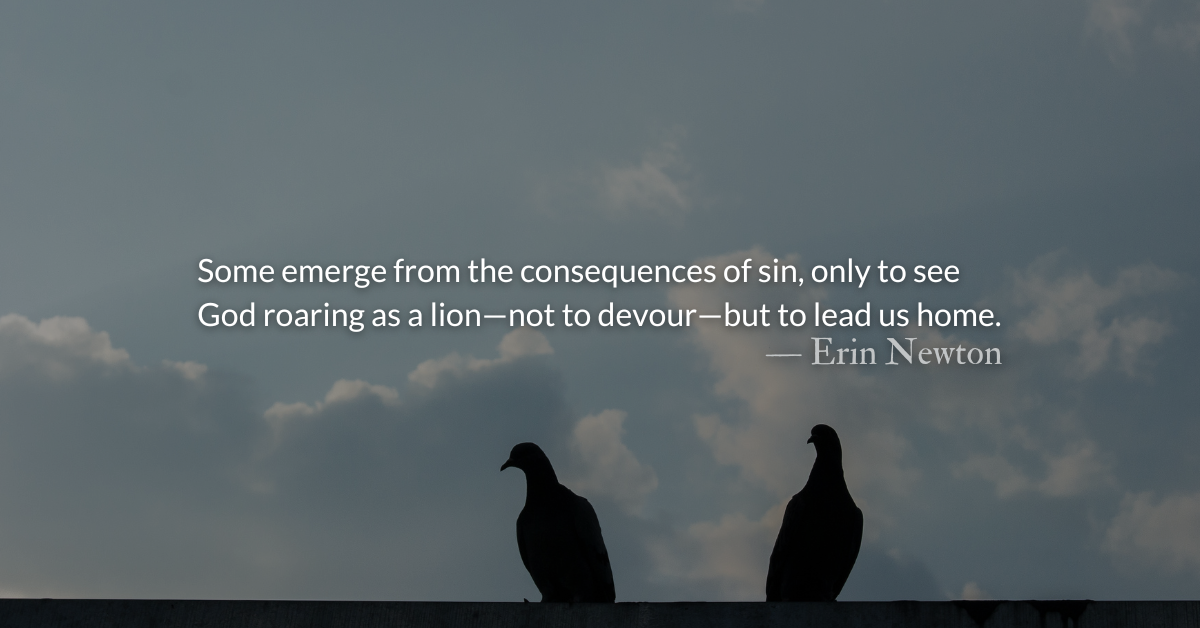Yahweh’s plans are beyond humankind’s ability to comprehend, as they are more than the sand of the sea. They are like a dream; but, unlike a dream, God’s love is real.
―Willem A. Van Gemeren
Scripture: Psalm 85.4-5
Restore us again, O God of our salvation, and put away your indignation toward us! Will you be angry with us forever? Will you prolong your anger to all generations?
Reflection: After Anger
The Park Forum
“The Lord goes from anger to anger,” theologian Willem A. Van Gemeren quips of the Psalms, “It seems as though [Israel] can do nothing to please him.” Some today would dismiss the anger of God in the Hebrew Scriptures as an outmoded view of the divine—as if the concept of God became more palatable by the first century C.E. Yet there seems to be more going on.
The ancient authors of Scripture drew from their environment, something Van Gemeren is sure to acknowledge:
The portrayal of Yahweh’s anger reflects the Near Eastern understanding of the fury of a king when his will is not obeyed or when his vassals rebel against his sovereignty. God’s anger is provoked by acts of omission, rebellion, subversion, or disobedience and is more than an emotional outburst.
Ancient political structure, however, was not the only driving force behind the ancient Israeli emphasis on God’s anger. Van Gemeren continues:
The psalms often reflect on anger. This preoccupation may seem abnormal to us, but anger is a theological concern. The psalmists invite us to deal with anger rather than skirt negative human emotions.
While modern readers may wish to avoid the issue of God’s anger—and, particularly, its effects—the ancients confronted it in order to deal with their own emotions toward a broken world. But they did not stop here. The single question the authors of scripture want to answer is about the effect of God’s anger: is God’s anger generative?
Anger is a secondary emotion. Anger is what we feel after our minds register injustice, loss, grief, and a host of other foundational emotions—and God is presented as no different. His anger is spurred in reaction to the worlds’ injustice, the loss of what humanity is designed for, and the grief he experiences in the pain of his creation.
The authors of scripture rejoice that not only is God’s anger restorative—not only does it generate justice for our world—but it is not his dominating emotion. “For his anger is but for a moment, and his favor is for a lifetime. Weeping may tarry for the night, but joy comes with the morning.”
Prayer: The Greeting
Out of Zion, the perfect in its beauty, God reveals himself in glory. Let the heavens declare the righteousness of his cause, for God himself is judge.
– From The Divine Hours: Prayers for Summertime by Phyllis Tickle.
Full prayer available online and in print.
Today’s Readings
Deuteronomy 3 (Listen – 4:33)
Psalm 85 (Listen – 1:25)






